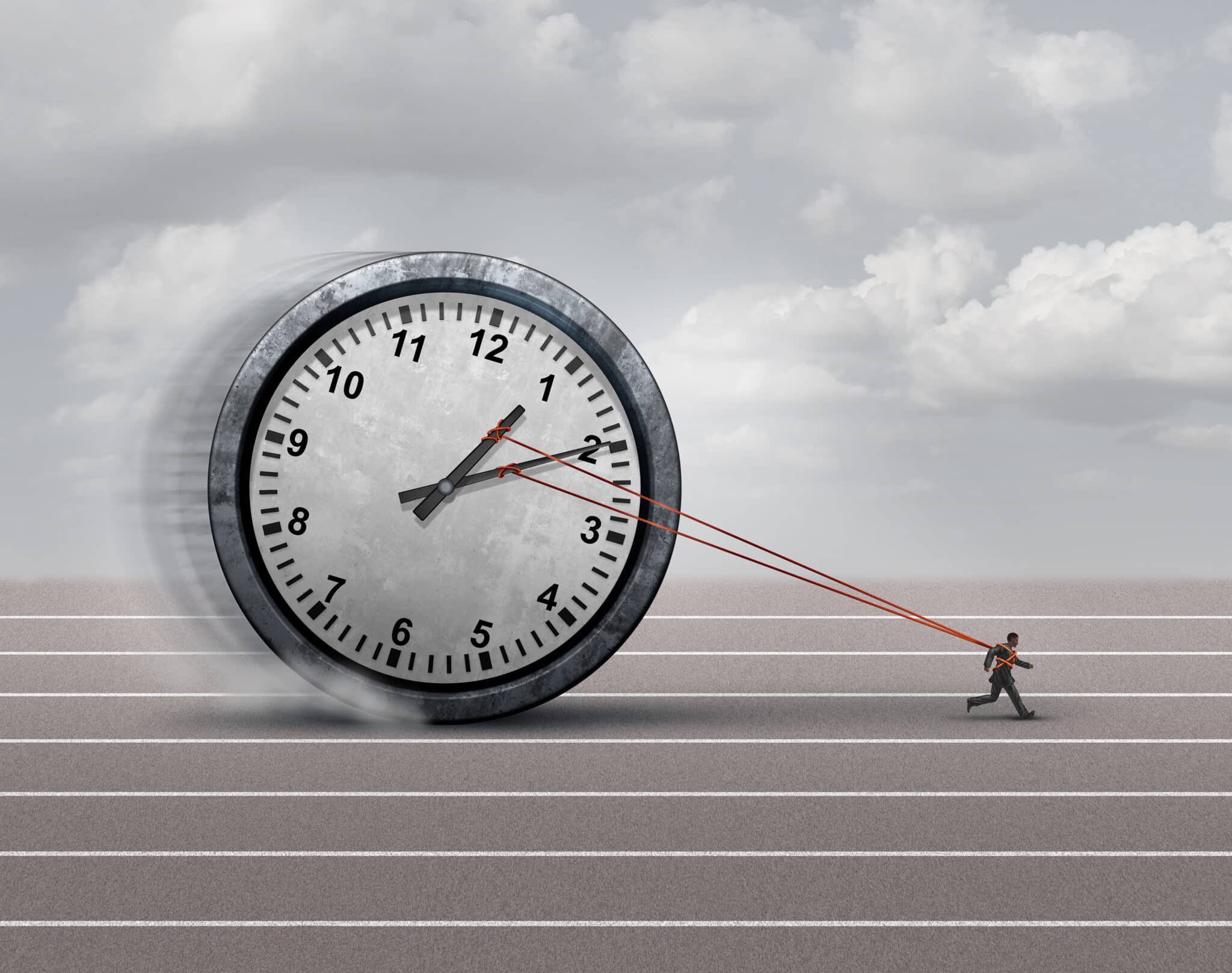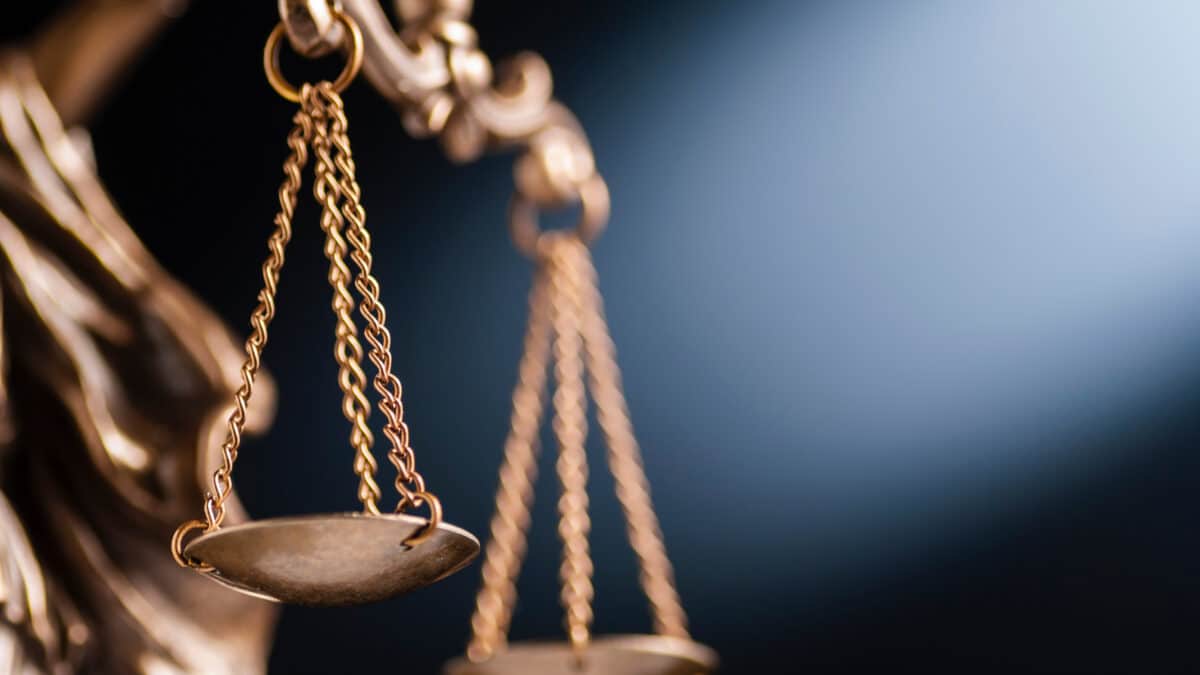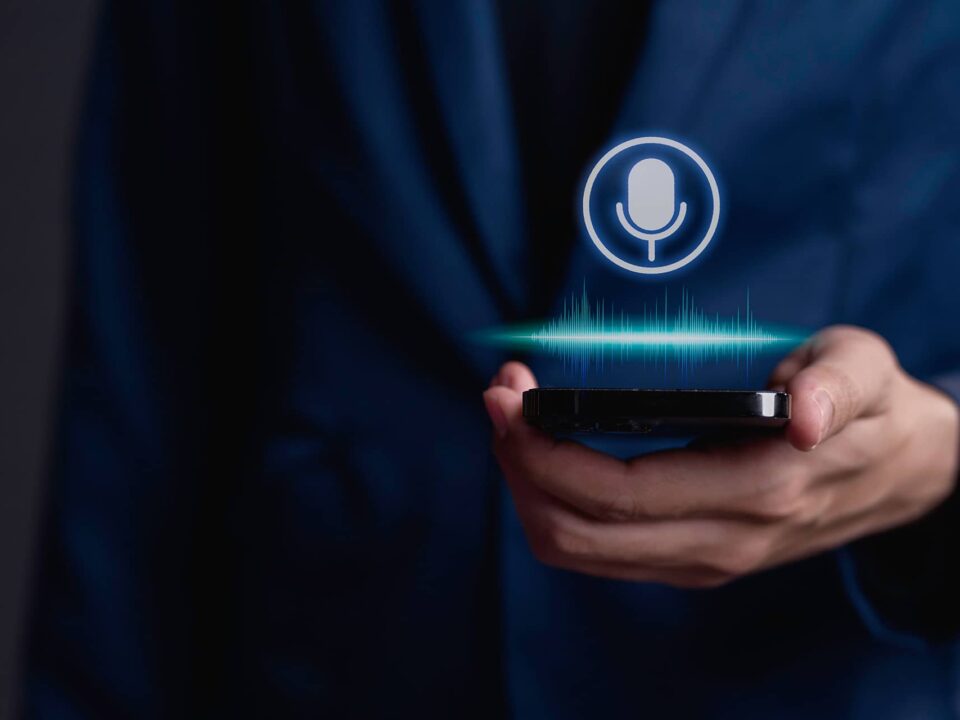
Legal Transcription Services Help Lawyers Dictate with Confidence
October 5, 2023
The Significance of Billable Hours for Attorneys and Law Firms: How Transcription Services Help
October 9, 2023Court Reporter vs. Legal Transcriptionist: Unraveling the Differences
In law, precise documentation of spoken words is crucial during legal proceedings. Two professionals play pivotal roles in ensuring the accuracy of these records: court reporters and legal transcriptionists. While their work may seem similar on the surface, there are significant differences between these two professions in terms of training, settings, responsibilities, and when it’s appropriate to hire one over the other. In today’s blog post, we will take a look at the distinctions between court reporters and legal transcriptionists, shedding light on the unique contributions each makes to the legal system.
1. Training and Certification
Court Reporters
Court reporters, also known as stenographers, undergo specialized training to become experts in capturing spoken words with exceptional speed and accuracy. Their training typically includes completing a court reporting program, which vocational schools or colleges can offer. These programs teach the use of stenotype machines, a specialized keyboard designed for rapid text entry.
In addition to coursework, court reporters often need to pass certification exams administered by state or national organizations, such as the National Court Reporters Association (NCRA) in the United States. These certifications demonstrate their competence in transcribing legal proceedings.
Legal Transcriptionists
Legal transcriptionists, on the other hand, receive training primarily in transcription skills. While they may take general transcription courses, they do not typically use stenotype machines. Instead, they get trained to transcribe audio recordings into text, focusing on clarity, punctuation, and proper formatting.
Although some legal transcriptionists may choose to pursue specific legal transcription courses or certifications, it is not always a requirement. However, a strong understanding of legal terminology and procedures is essential for accurate transcription in the legal context.
2. Work Settings
Court Reporters
Court reporters are primarily responsible for capturing spoken words during live legal proceedings whenever a judge is present. They are typically present in the same room as the speakers and use their stenotype machines to create real-time transcripts. This live transcription is crucial for immediate access to court records; attorneys request these for various legal purposes.
Legal Transcriptionists
Legal transcriptionists work with audio or video recordings of legal proceedings or dictations that have already taken place. They can work in various settings, including law firms, transcription agencies, or as independent contractors. Legal transcriptionists listen to the recorded content and transcribe it into written documents, ensuring that the resulting transcript is accurate and complies with legal formatting standards.
3. Type of Work
Court Reporters
The primary role of court reporters is to provide verbatim transcripts of spoken words during legal proceedings. They use specialized stenotype machines and phonetic shorthand to capture conversations in real time. Attorneys, judges, and other legal professionals use these transcripts for a variety of purposes, including preparing for future hearings, appeals, and record-keeping.
Legal Transcriptionists
Legal transcriptionists focus on converting pre-recorded audio or video content into text format. They receive recordings from their clients and transcribe them, paying close attention to detail and accuracy. The resulting transcripts serve as written records of past legal proceedings or critical legal documents, such as client interviews, depositions, affidavits, and pleadings.
4. When to Hire a Court Reporter vs. a Legal Transcriptionist
Understanding when it’s appropriate to hire a court reporter or a legal transcriptionist is crucial for legal professionals to ensure they have the right support for their specific needs:
When to Hire a Court Reporter:
- Live Legal Proceedings: If you require a real-time transcript of a court trial or hearing, you should hire a court reporter. Their ability to capture spoken words as they happen is invaluable for immediate access to the record.
- Sworn Testimony: Court reporters are essential when sworn testimony is given, as they administer the oath and create a verbatim transcript, which holds legal weight.
- Depositions: For depositions, where precise records of witness statements are crucial, a court reporter is typically present to create a legally binding transcript.
When to Hire a Legal Transcriptionist:
- Recorded Legal Proceedings: If you have audio or video recordings of legal proceedings that need to be transcribed after the fact, a legal transcriptionist is the appropriate choice. This is common for cases where a real-time transcript is not required.
- Document Transcription: Legal transcriptionists are suitable for transcribing dictated documents, interviews, client meetings, and other audio recordings that are not part of a live legal proceeding.
- Time and Cost Efficiency: When it is more cost-effective or time-efficient to work with pre-recorded content, legal transcriptionists offer flexibility and convenience.
Trans|IT from Athreon Leads the Legal Transcription Market
In conclusion, court reporters and legal transcriptionists play distinct yet complementary roles in the legal field. Court reporters specialize in capturing spoken words in real-time during live legal proceedings, using stenotype machines and shorthand. In contrast, legal transcriptionists transcribe pre-recorded audio or video content into text format, ensuring accuracy, clarity, and adherence to legal formatting standards.
If you are in need of a highly-skilled legal transcriptionist, we encourage you to consider Athreon’s legal transcription service, Trans|IT. Trans|IT is a secure, reliable, and accurate legal transcription provider that leverages the power of AI and human editors to swiftly deliver impeccable legal transcripts. Notably, even court reporters rely on Athreon to assist with the transcription of their recorded depositions. With Athreon’s expertise and commitment to precision, your legal documentation needs will be met with excellence and efficiency. Don’t hesitate to explore how Athreon can enhance your legal transcription experience.





